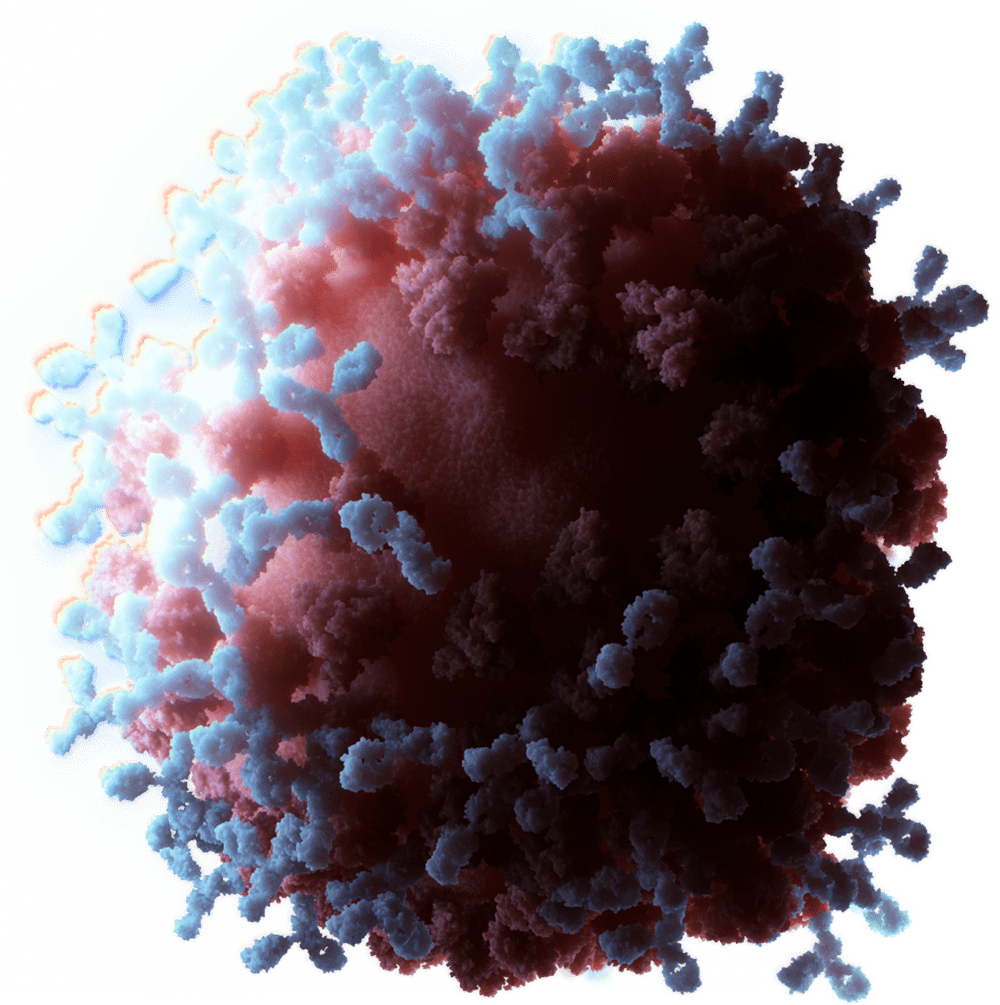 |
Liangcai Gu
Associate Professor of Biochemistry
Adjunct Associate Professor of Genome Sciences
B.S. 1998, Lanzhou University
M.S. 2002, Tsinghua University
Ph.D. 2008, University of Michigan
|
Honors
- 2020 Cutting-Edge Basic Research Award (CEBRA), National Institute on Drug Abuse
- 2018 Safeway Early Career Award in Cancer Research
- 2017 University of Washington Innovation Award
- 2009–2012 Jane Coffin Childs Postdoctoral Fellowship Award
- 2009 Young Investigator Award, Society for Industrial Microbiology
- 2008 Robert M. Scarborough Award for Graduate Excellence in Medicinal Chemistry, American Chemical Society
Research
We develop and use integrated approaches for spatiotemporal, multimodal measure and control of complex living systems from molecules to tissues. We recently created protein-based sensors and actuators for chemical sensing and chemogenetic or optogenetic manipulation of cell behaviors in behaving animals. We developed polony gel (clonal DNA cluster array of ≤ 1-µm features)-based spatial barcoding and sequencing to spatially map single-cell transcriptomes and proteomes in morphologically intact tissues to study physiological, pathological, and pharmacological changes. Techniques frequently used in current projects include protein display and high-throughput screening, polony gel fabrication and sequencing, Pixel-seq, SMI-seq, mass spectrometry, and fluorescence imaging. We are applying new tools to study cellular senescence in tissues and brain mechanisms of chronic pain and addiction, to improve safety and efficacy of gene and cell therapies, and to guide the evolution of multi-enzyme machinery making high-value chemicals. Below is a summary of ongoing projects:
Publications:
